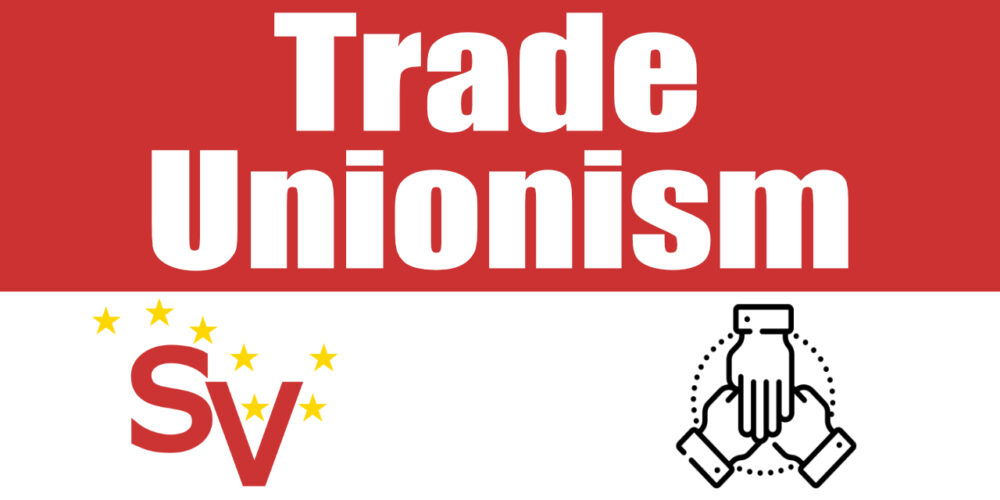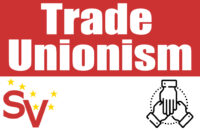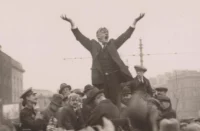In 2017 the Trade Union Left Forum published an article that speculated about the link between increasing household debt and reduced strike action. The article suggested a relationship between growing debt and inequality and reduced worker militancy. The full article and the statistics used are available at http://www.tuleftforum.com/debt-inequality-industrial-action-chicken-egg/, but a couple of quotations will demonstrate its argument well:
There is no one reason for the weakening of the trade union movement. Much has been written about the partnership model, the neo-liberal offensive of the last five decades, and more recently offshoring, monopolisation, and the global labour arbitrage. But there are three interrelated factors in Ireland that, while not direct cause-and-effect phenomena, are most certainly related and reinforcing, creating a self-fulfilling cycle. These are household debt, growing inequality, and declining industrial action and union density . . .
There certainly is a reinforcing relationship between rising household debt and the hold this has over workers, making it much harder to take industrial action and risk losing pay. This then contributes to weakening union power, meaning that a greater share of all wealth created by workers goes to the elite and top earners.
Now, thanks to the academic work of Dr Giorgos Gouzoulis of the University of Bristol, we have more compelling evidence on the relationship between debt and strike action. Earlier this year Gouzoulis published a paper in the Industrial Relations Journal headed “What do indebted employees do? Financialisation and the decline of industrial action.” This paper argued that debt leads to workers self-disciplining, for fear of losing their job, losing out on wages, and defaulting on their mortgage.
The study used multiple sources of data and robust data analysis from the 1970s to 2018 covering six countries, of different varieties of capitalism: the United States, Britain, South Korea, Japan, Norway, and Sweden. The paper shows that since the 1980s workers’ share of national income has declined, household indebtedness has increased, and industrial action has declined.
Dependence on credit, it is said, makes workers more averse to risk and less likely to take on the risks associated with industrial action, such as loss of pay or dismissal. Simply put, indebted workers are less likely to strike, and indebtedness is ironically linked to weaker pay demands, for the reasons given.
This evidence should give unions pause for consideration and thought on our future strategy. Two things would seem necessary to combat this decline of power. Firstly, union strike funds need to be healthier in order to mitigate the loss of income and the fear workers legitimately have of defaulting on a mortgage.
Secondly, unions must become a force once again for public housing. They must mobilise to pressure the state into building public housing on a significant scale so that it is a real option for all workers.
Actions on these fronts might help combat this vicious cycle of debt and declining militancy.






